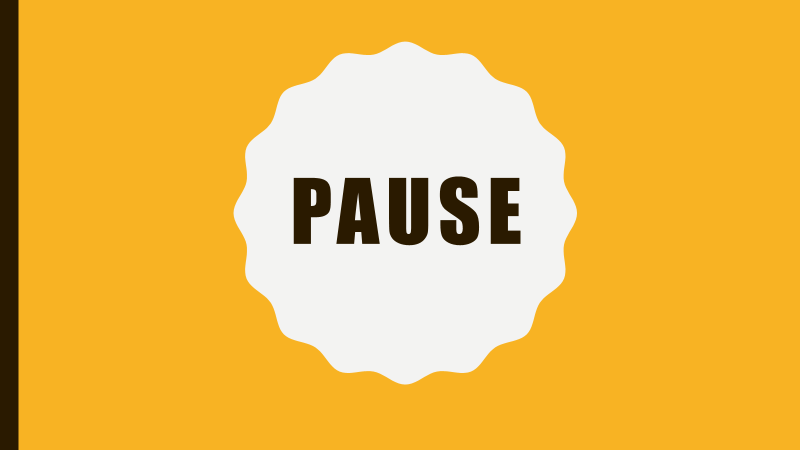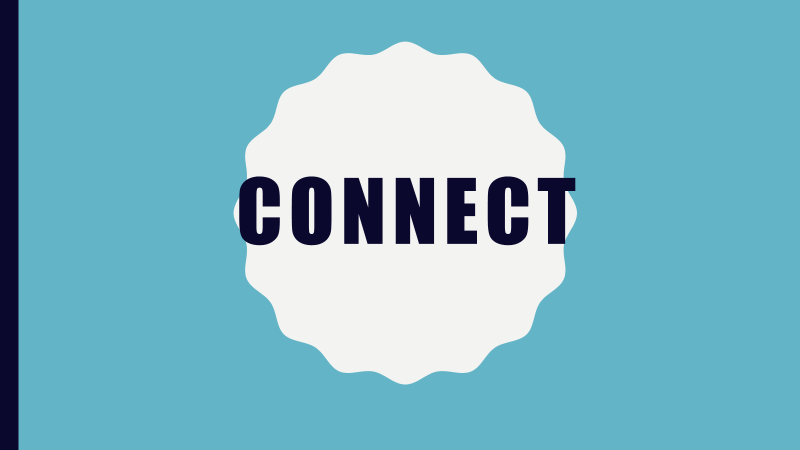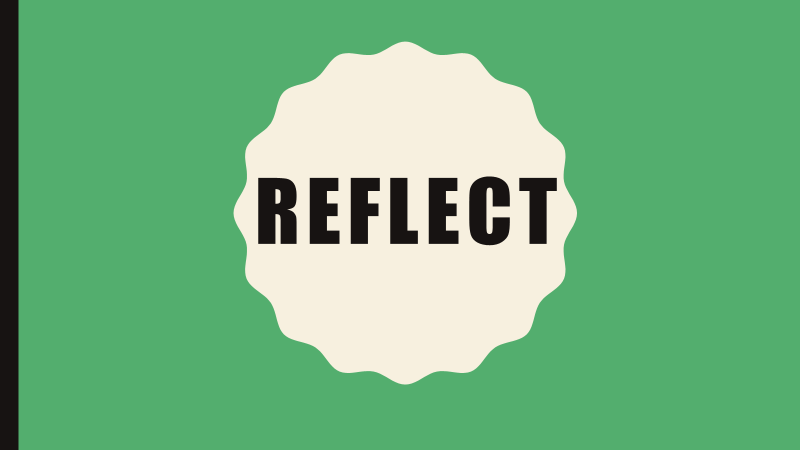Self-Care: Cultivating a caring relationship with yourself
- Sarah Skinner

- May 5, 2020
- 9 min read
We express self-care in many ways and through many behaviours. At its core, self-care is a caring relationship with ourselves which we express through caring and considerate behaviour towards our self. And particularly by making our needs and desires a priority. Most of us are not very aware of how our relationship with our self is. A lot of us don't know a relationship with our self exists at all. Unlike other relationships with people outside ourselves, our relationship with our self is not as noticeable because we are always in it, we’re always with our self.
You might even argue that we can’t have a relationship with our self because we are only one person. True, we are only one person. At any moment we are the "doer" or the "thinker". We are the one that is acting or thinking. However, we also experience the impact of these actions and thoughts. Just like our behaviour communicates meaning to our friends, it also communicates meaning to ourselves, specifically about how much we are valued. Say, for example, we have a plan arranged to go to an event or a class with a friend, and we know this event is significant to them. If we bail on the event, there is communication in this behaviour. We are not treating that friend with much respect or consideration. Perhaps the meaning the friend takes is in fact that we don’t care about them at all. You could understand why a friend would get upset and why they might feel we haven’t treated them very well. It can be harder to notice the impact of our behaviour on ourselves because we are both the actor and the recipient of the action. It's harder to discern the effect, but it is there. If we bail on plans that were important to us, we are letting ourselves down, and it might be harder for us to trust our self to follow through on an action in the future. Why would we trust our self if we are always bailing on our self?
We can get even more curious about our relationship with our self. And if we do, we might notice that there is a reason we are bailing on something and leaving our self let-down. Maybe there's some anxiety there about going to whatever the event is, perhaps we don't have a very positive view of ourselves. So, without even noticing it, a whole interchange has occurred. We talked our self out of going because of the negative feelings that were brought about by the negative way we were talking to our self. In all likelihood, we are not aware of these many layers of communication going on. So, the understanding we have of what has happened is 'I'm lazy and useless', not a very encouraging view to have of ourselves. Still, without a full understanding of what has happened, it might be hard to believe anything else is true.
As you can imagine this communication with our self comes in many forms. We communicate through our thoughts about our self and the world, how we treat ourselves physically, emotionally and even energetically. The relationship has many layers. It is also the most important relationship we will ever be in because we are always with our self, and that is never going to change.
Imagine you had a person always present, whispering encouragement into your ear. Or, imagine you had a person ever-present who whispers your biggest insecurities into your ear. They are always there, telling you your insecurities are the reason you shouldn't try anything. We are the person who thinks the thoughts we listen to 24 hours a day. So, we have a tremendous impact on our self. This means we have a considerable power to influence how life is going to be for us. The scary thing, however, is that we are usually not very aware of this relationship. For most, they didn't teach us about this relationship. Let alone had our attention brought to the ways we are relating to our self and how much this is affecting us. So, usually this constant and ever-present relating to our self is on autopilot. As a result, we live cut off from the power we have to influence our well-being and life-fulfillment.
Especially if we think of the area of emotional needs, emotional needs are not given a lot of air space in our culture, and often emotional needs get side-lined entirely. This makes sense if we think about it. Emotions only recently entered into the conversation. A lot of us grew up without the understanding and guidance around this part of our life. Even today, emotional needs often fail to factor in neatly to the mental landscape of our modern lives. And yet, our emotional self is the core of our being.
The most important part of taking charge of this relationship with our self is, first and foremost, to notice the ways we are relating to ourselves. Before we begin to cultivate a more caring relationship with our self, we have to get in touch with the relationship we have with our self already. We must notice how this relationship is for us. To do this, we must pause.
Pausing is such an essential resource because, in the act of pausing, we create a space. This space allows connection, reflection, observation and ultimately, choice. The act of pausing and then connecting to our self is in itself an offering of such self-care. Just noticing our experience, noticing what thoughts are running through our minds, what feelings are present in our body and just generally how we are in that moment.
By taking the time to connect into our experience, we are showing our self that we matter. We are demonstrating that we are worth the time and the attention of being present with our self. Like a child wants more than anything to be noticed, seen and recognised, we all have a very human need for presence, acknowledgement, and connection.
The other value of pausing and connecting with our experience is that it allows us the opportunity to observe and reflect on how we are relating to our self. Through observation and reflection, we gain more awareness of ourselves. Over time we can begin to see the ways we are relating to our self that become so routine, we usually don’t notice them. We build our awareness by noticing the thoughts that go through our minds about our self, the assumptions we have about our self. Through seeing how the behaviours, activities and relationships we engage in affect us and what is truly motivating our actions and responses, what is the energy behind our thoughts we come to know ourselves in a more immediate way.
This type of self-observation is a practice. Like a muscle or a skill, we can build it, and we can always be developing this ability. It’s not a box that we can tick off or a destination we can reach and finish. It's not even something to be done once a year. Or even once a week. It is a space we can create in our self that we can access at any moment to notice 'what is happening now?'. 'How am I at this moment?'. And crucially, for this topic of self-care, 'what do I need at this moment?’ We are very complex beings, ever-changing, in a dynamic dance between our inner and outer worlds. It’s not so much about getting it ‘right’ but developing a new curious and conscious relationship with our self that allows us choice, growth and kindness.
Through reflecting on our behaviour and experience, we can get in touch with another crucial aspect of our relationship with our self. More than the actions we are taking (or not taking), it is the intention they come with that has a significant impact. We can eat well one day because we want to look after ourselves and take care of our body. We can eat the same things during another day but instead, it’s because we feel we need to lose weight (build muscle, etc.) because we are not good enough the way we are. The food we are eating is the same, but the communication to our self and the impact it has on how we feel about our self is very different. The first is an act of care, offering nourishment and protection. The second is an anxious striving to change so that we might have more worth because we are not good enough as we are.
As stated already, there are many layers to our relationship to our self, and when we try to change it, we will come into contact with blocks to that change. This is inevitable because there are good reasons we have been operating the way we have so far. To be able to change these ways we have, we will have to come face to face with what is holding the relationship as it is and has been in place. You might notice when you start to focus on giving yourself more care; a cynical mocking voice confronts you and puts down this new caring attitude. Or maybe, as all Irish people before you, you find yourself saying 'but sure I'm grand. I don't need this. I'll be grand" and just push yourself to carry on without the caring. Maybe you're a parent or a partner; You find it hard to hold the time and space to care for yourself because you feel guilty or too busy within your role in that caring relationship with another person.
When we contact a block, any of these listed and so many more, that's great. I mean it's great if we can see it as being a block or a belief, if we can see it as something that we can question. Then, we are on our way to change. If instead, this block convinces us, we will probably let go of our wish to change our relationship to our self. Then we remain where we are and how we are. To be honest, the second option will happen more often than the first! And that's OK. It's not about smashing through these blocks first time round but more about recognising they are there, getting curious about them and maybe wondering where they came from, and what's behind them. Relating to even our blocks in an open-minded, curious and compassionate way is precisely the trick.
Pausing and reflecting can be supported through mindfulness practice, therapy, coaching, journaling, drawing, using clay, mindful movement, working with dreams, talking to supportive and honest friends. Anything that helps you create a space where you can connect with yourself and reflect. It's also helpful to be able to externalise what is going on inside. We do this when by talking and when we write or use any mode of expression. The distance we get when we can externalise our inner world can help us to reflect on it.
Bringing new awareness to our thoughts, feelings, behaviours and experiences changes something in itself because with this new awareness begins the power of choice. When we can see how we are acting towards ourselves and how this is affecting us, we can take action that can change how we relate to ourselves. We can move from feeling stuck with 'the life we've been given' to being empowered to take action: and ultimately live our life more fully and freely. We can give ourselves the nourishment and support that will allow us to flourish and blossom fully into the person we know we can be.
Begin this process today by carving out even 10 minutes to pause, connect and reflect on how you are –
how you've been thinking about yourself today and how the different activities you spent the day doing impacted you.
Were there activities you did not do? How did not doing them impact you?
What was motivating your behaviours throughout the day?
How did you feel during the different parts of your day? Before and after each activity, conversation and experience.
What is it like to be taking this time for yourself now?
Do any parts of
you feel resistant right now?
What do you need in this moment?
Get curious about your experience and try to reflect from a centered, non-judgmental place. Journaling can be very supportive of creating this reflective space. If you are more visual, you may want to sketch any images that come to you. Then, consider what you could do differently.
Maybe there is a simple positive thought you need to hear. Could you offer yourself this until your next reflective practice?
Perhaps there's one nourishing activity you need more of and could bring into your weekly routine.
Maybe you actually need to do less or just give yourself more time to do nothing!
Continue this practice daily if possible, for as long as you feel the need or find it helpful. Be realistic and if daily doesn't seem likely for you, choose 2 or 3 days a week that will be realistic and stick to that. By following-through on this time for yourself, you are showing up for yourself and taking steps to build that caring relationship with yourself.
Be gentle with yourself; if you fall out of this practice, you can always return to it. If you find a lot of resistance is coming up to connecting with yourself or that when you do connect with yourself what comes up for you feels like a lot to deal with, don’t feel you have to do it alone – reach out.




















Comments